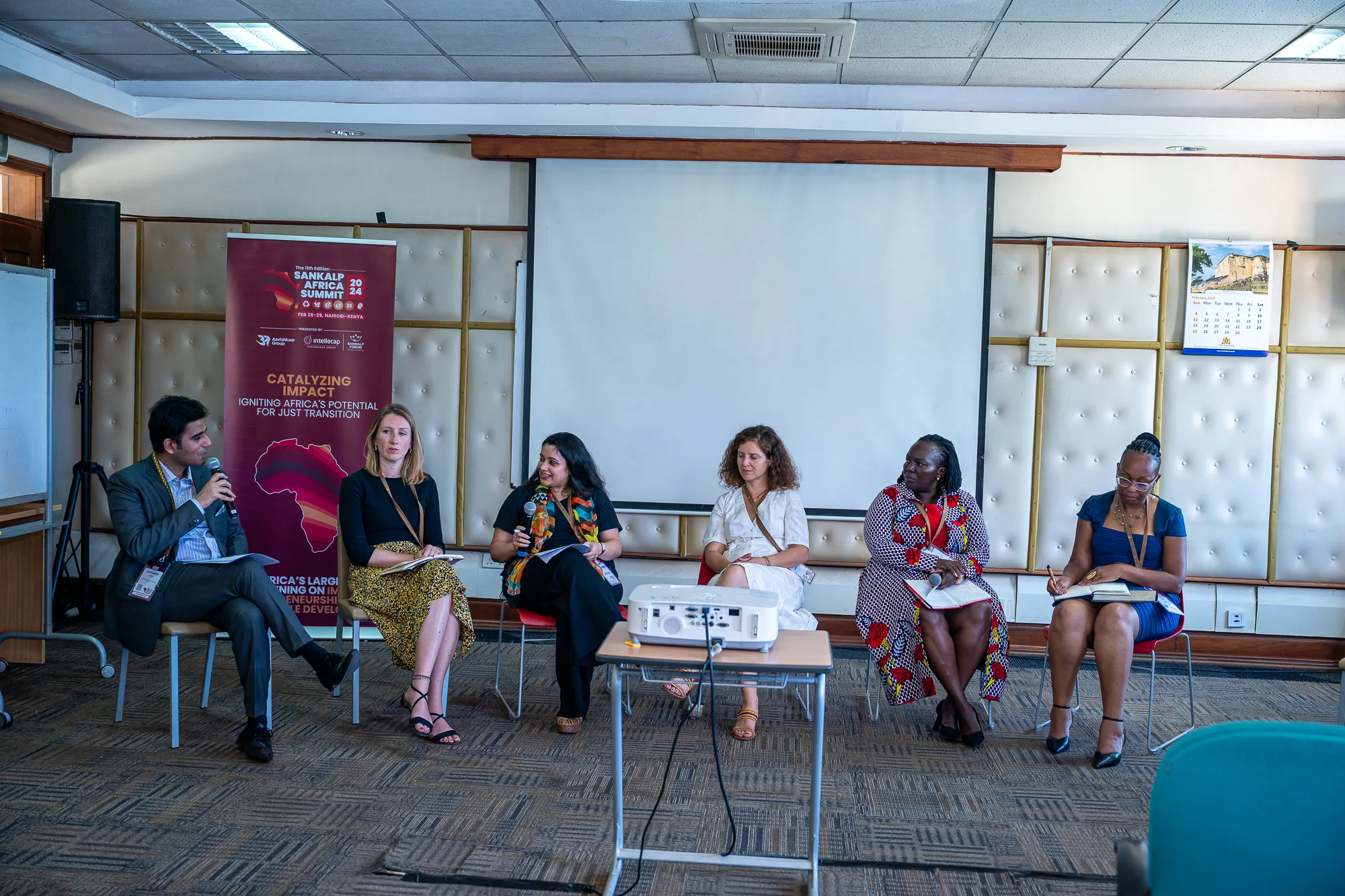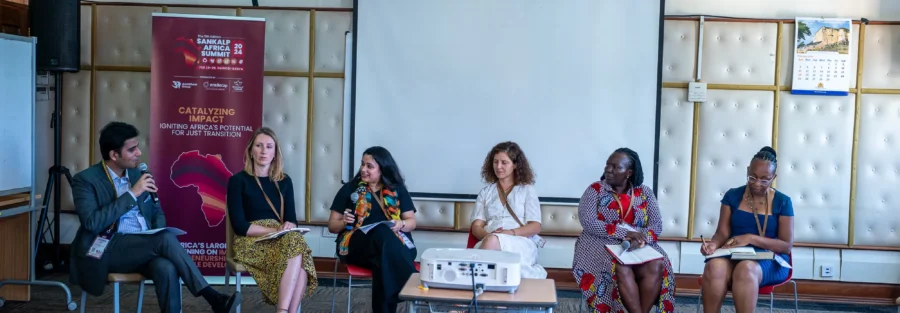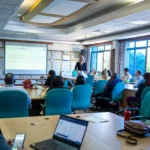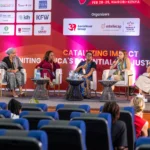

In the dynamic landscape of Africa, a significant shift is taking place, driven by the adoption of circular economy principles. This shift is pivotal in addressing the environmental challenges and economic disparities faced by the continent. African innovators are at the forefront, leveraging the continent’s rich resources to pave the way for a sustainable and inclusive future.
Innovators Driving Change in Africa
Mr. Green Africa: Pioneering Sustainable Plastic Recycling
Mr. Green Africa is redefining plastic recycling in emerging markets. As the first recycling company in Africa to achieve Certified B Corporation status, Mr. Green Africa is a testament to the potential of using business as a force for positive change. The company has introduced a technology-driven collection model that integrates informal waste workers into the formal economy, increasing the collection of post-consumer plastic waste. Through partnerships with brands and manufacturers, Mr. Green Africa facilitates the production of high-quality recycled plastic, contributing to sustainable packaging solutions and reducing the environmental impact.
TakaTaka Ni Mali: From Waste to Wealth
Kenya’s TakaTaka Ni Mali is transforming waste management by advancing circular economy principles. Their comprehensive approach not only addresses waste but also improves community livelihoods through financial literacy and entrepreneurship training. The TakaTaka Ni Mali app is a technological innovation that simplifies recyclable waste collection, enhancing the economic well-being of collectors and reducing environmental pollution.
InsectiPro: Innovating Sustainable Protein Sources
InsectiPro is tackling global food security challenges by turning to insect-based protein solutions. Their approach not only provides a sustainable alternative to traditional protein sources but also promotes circular resource management by converting organic waste into insect feed. This initiative not only contributes to environmental sustainability but also supports community development by encouraging sustainable insect farming practices.
Kikoromeo: Sustainable Fashion Initiatives
Leading the way in sustainable fashion, Kikoromeo is merging style with environmental responsibility. The brand focuses on ethical sourcing, incorporating organic and recycled materials into their collections. Embracing circular design principles, Kikoromeo ensures their garments are durable, repairable, and recyclable, thereby reducing waste and extending the product lifecycle.
The Path Forward
Despite the significant strides made by these innovators, the journey toward a fully circular economy in Africa is met with challenges. Addressing these hurdles requires a collective effort from various stakeholders, as discussed in an extensive panel at the Sankalp Africa Summit 2024.
Key areas of focus include enhancing stakeholder collaboration, improving policy and regulatory frameworks, and innovating financial mechanisms to support circular economy initiatives. Consumer awareness and affordability of circular products are crucial for fostering sustainable consumption. Additionally, building technical capacity and scaling successful models are essential steps towards a sustainable future.
The transition to a circular economy holds great promise for Africa, offering pathways to sustainable development and prosperity. By overcoming current challenges and harnessing the opportunities presented by circular economy principles, African nations can unlock new economic potentials, create green jobs, and ensure environmental sustainability. The time for action is now, and a unified approach from all sectors is critical to achieving the transformative impact of the circular economy in Africa.




